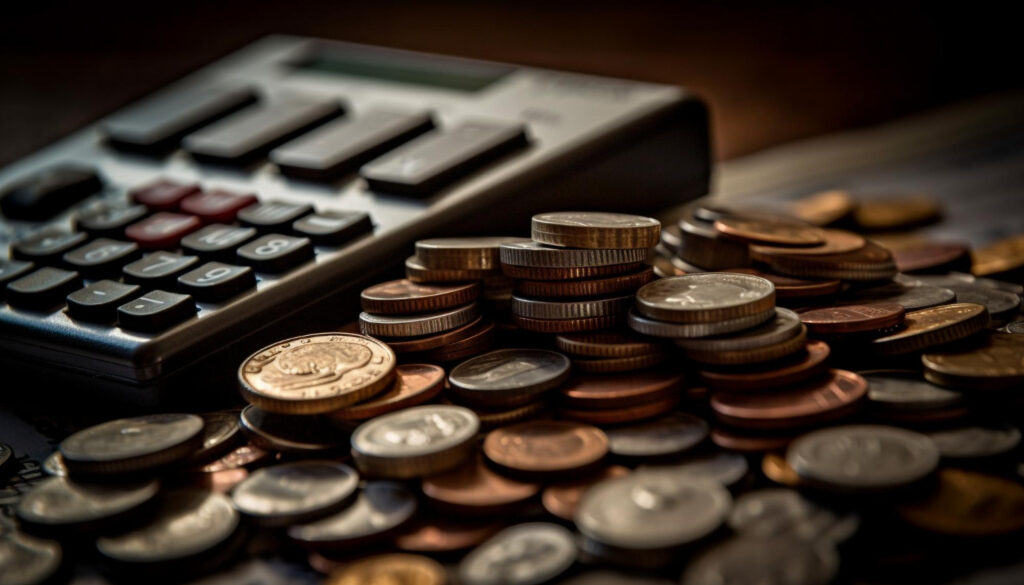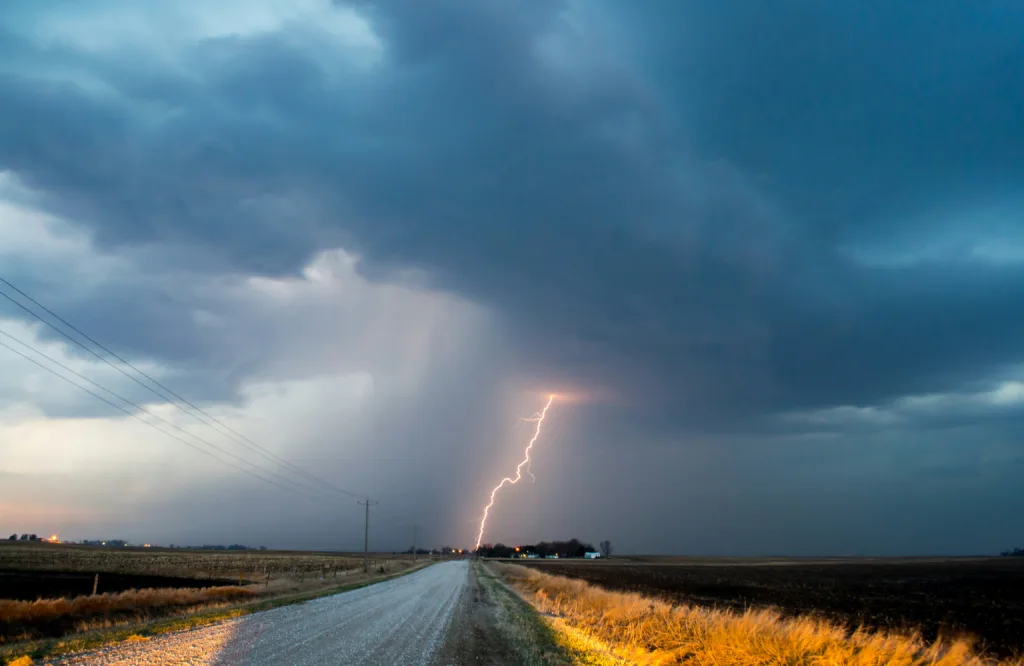Pakistani Politics in the forthcoming future

Supporters of Pakistan's former Prime Minister Imran Khan throw stones after police fire tear gas to disperse them protesting against the arrest of Khan in Lahore, Pakistan, May 9, 2023. © 2023 K.M.Chaudary/AP Photo - Image taken from HUMAN RIGHTS WATCH
Pakistani politics is currently in a state of flux, with the country facing a number of challenges, including human rights violations and the upcoming elections. In Pakistan, alarm sirens are ringing after election officials delayed voting for two crucial provincial assemblies. Regarding the fate of former prime minister Imran Khan, the country’s elite appears to be profoundly divided.
Pakistani Politics: An Overview

To understand the present situation, let’s take a bird’s eye view of the Pakistani political landscape. The country is governed by a federal parliamentarian system, with the President serving as the ceremonial head of state and the Prime Minister functioning as the main executive. The Parliament consists of two houses: the National Assembly and the Senate, where members are elected by the people through a democratic process.
Never before have the stakes been so high in Pakistan.

In Pakistan, where the economy is in the worst shape it has been in decades, the fight between Prime Minister Shehbaz Sharif and his predecessor, Imran Khan, seems to be getting worse. Police and followers of Khan and his Pakistan Tehreek-e-Insaf (PTI) party have been fighting for weeks, even though Khan is in court for a dozen different cases.
A vote of no confidence got rid of Khan just over a year ago. Khan wants to get back to the top spot, so this was just the start of a nasty fight. He led a number of protests against the government, and in November, he was shot in what seemed to be an attempt to kill him.
So, this is why….
Pakistan is currently facing a convergence of severe challenges. The economy is on the brink of collapse, societal divisions are rampant, and the aftermath of devastating floods from the previous year continues to affect millions of people. Moreover, terrorist activities are on the rise, and the escalating inflation is making it difficult for many to provide for themselves and their families.
Amidst these hardships, the struggle for power and control over Pakistan persists among politicians and institutions. Despite numerous attempts, including intense media coverage, stern ultimatums, and street confrontations, the country seems no closer to finding a resolution to its political crisis compared to a year ago.
Michael Kugelman, director of the Wilson Center’s South Asia Institute, emphasizes the unprecedented nature of the current situation due to the presence of other serious crises. Pakistan cannot afford to view the political crisis as a mere distraction, as the country needs to address the issues at hand promptly.

The economy is experiencing significant distress, with foreign reserves at their lowest levels in decades, hindering the ability to pay for vital imports like petroleum. Earlier meetings with the International Monetary Fund failed to secure essential assistance amounting to $1.1 billion.
In summary, Pakistan’s current situation is characterized by a convergence of crises, including economic collapse, political discord, flood aftermath, escalating terrorism, and surging inflation. These challenges demand urgent attention, and the political crisis must be addressed promptly alongside other pressing issues to pave the way for stability and progress.
Human rights violations

Human rights violations include homicides without trial, unlawful disappearances, assault, and violence against women and minorities. There has been some improvement under the present administration, but a lot more work remains.
Several high-profile examples of human rights violations have occurred in Pakistan in recent months. In May 2023, a young man named Noor Muqaddam was brutally murdered by his friends in Islamabad. The case sparked widespread protests and calls for justice. In June 2023, a group of men attacked a Christian couple in Lahore, leaving the woman dead and the man severely injured. These are just two examples of the many human rights violations that continue to occur in Pakistan.
Forthcoming elections
Pakistan is due to hold general elections in October 2023. The elections are likely to be closely contested, with the incumbent government facing a challenge from the opposition led by Imran Khan. The outcome of the elections will have a significant impact on the future of human rights in Pakistan.
If the incumbent government is re-elected, it is likely that human rights violations will continue. The government has a history of suppressing dissent and cracking down on human rights activists. If the opposition wins, there is a chance that human rights will improve. However, it is too early to say for sure what the outcome of the elections will be.
Reestablishing the power balance
Pakistan’s military continues to wield considerable power and influence in the country’s politics. This power is also reinforced by their sympathizers in the country’s court, which frequently sides with the military leaders in times of crisis.
“Unless politicians can band together and stand up to the military’s interference in our politics, we are heading for disaster in the manner we have seen in the past.” Except that the divisiveness is arguably at its peak this time,” lawyer Imaan Mazari told DW.
“Wrongs caused by the military-judicial nexus must be righted, and free and fair elections must be held as soon as possible unless we want to descend into complete anarchy.”
According to analysts, state institutions must strive within their constitutional mandates to create a balance of power in order to strengthen democracy.
“All issues must be resolved on the floor of the legislature.” “Those political stakeholders who are not represented in parliament must be included in these processes through direct talks by the government of the day,” says HRCP chief Harris Khalique.
“Judicial overreach must be limited, and the separation of powers between the legislature, executive, and judiciary must be respected by all.” According to the activist, “all institutional squabbles will subside if parliament is regarded as supreme and all political parties engage in broad-based dialogue with open hearts and minds.”
The future of Pakistani politics
The future of Pakistani politics is uncertain. The country is facing a number of challenges, including human rights violations, economic instability, and political polarization. It is unclear how these challenges will be addressed, and what the impact will be on the future of democracy in Pakistan.
However, there are rays of light in the darkness. Pakistanis are known for their tenacity and resourcefulness. They have overcome many challenges in the past, and they are likely to do so again. The future of Pakistani politics is uncertain, but there is hope that the country can overcome its challenges and become a more just and democratic society.
Conclusion
Pakistani politics finds itself at a crucial crossroads, seeking stability, progress, and the protection of human rights. As the nation prepares for the forthcoming elections, the journey toward a brighter and more democratic future lies in the collective efforts of its citizens, leaders, and international allies. By addressing the challenges, seizing opportunities, and nurturing democratic values, Pakistan can find the place it seeks to rest its head, grounded in justice, freedom, and prosperity.





